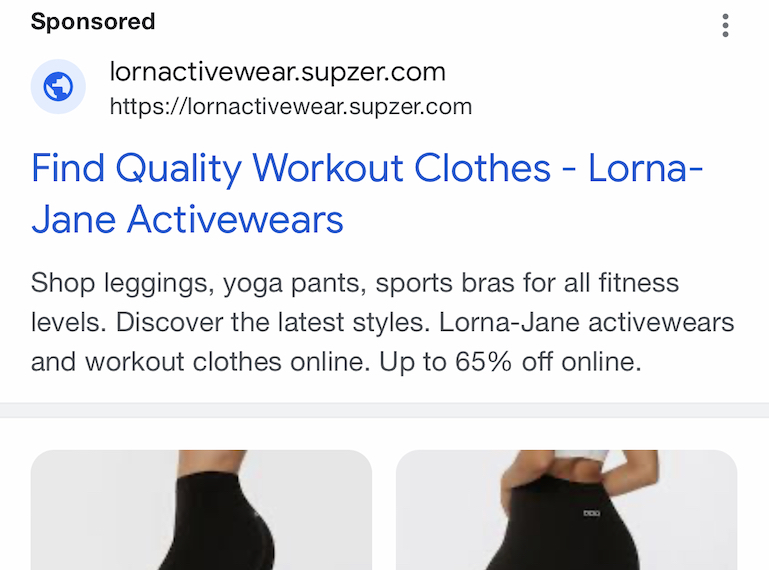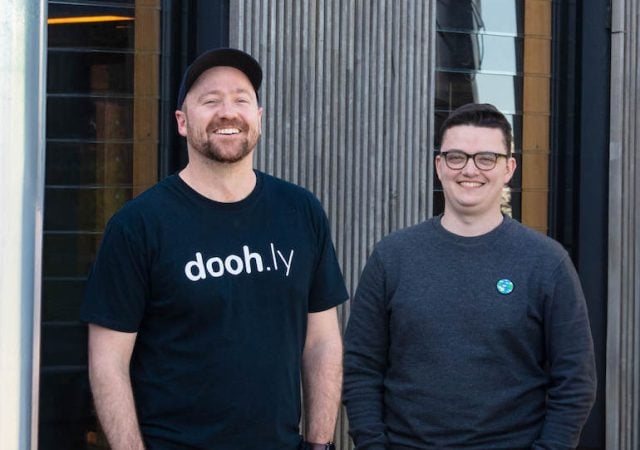Scams ads are now a $3 billion problem in Australia and research from consumer lobby group CHOICE has found that 2 out of 3 people (66%) think digital platforms, such as Google and Meta, aren’t doing enough to protect people from them.
Even more alarmingly, we don’t have a lot of faith in those around us being able to counter them, with nearly 4 out of 5 (79%) people fear ingtheir loved ones might have difficulty spotting a scam.
A CHOICE investigation found ads on Google, Instagram and Facebook linking through to fake websites that imitate popular retailers.
The investigation also found issues with Google’s own policies to prevent scams because some advertisers do not appear to be verified before they publish ads.
CHOICE CEO Alan Kirkland the organisation e found a number of advertisements across Google, Facebook and Instagram promoting scam retailer websites, including examples highlighting issues with Google’s policies to prevent scam ads.
“It’s no surprise that such a significant portion of Australians agree digital platforms aren’t doing enough to protect people from scams,” he said.
“These ads and fake websites make it extremely difficult for consumers to work out what’s genuine and what’s not. They are often used to trick people into handing over personal information or credit card details,” says Kirkland.
“Scams are becoming more sophisticated operations, using the same tools legitimate businesses use to advertise. Advertisements for scam websites that we found on Google appeared high on the search results, instantly grabbing a user’s attention, and giving them the impression of authenticity.”
Hanging around
In one instance, a scam ad on Google for the women’s clothing retailer Decjuba that CHOICE found on July 23 was still there two months later on September 18.
CHOICE warned Google Australia about scam ads it found and was told by the tech giant that it had take “appropriate action” on the scams identified including fake ads for Country Road, Peter Alexander, Seed Heritage and Decjuba, but CHOICE still found scam ads on Google for Decjuba and Peter Alexander seven days later.
The brands targeted are widespread, and also include Sportsgirl, TK Maxx, Princess Polly, Lorna Jane, Kathmandu, H&M, Gorman, and others.
Scam ads on Google for scam retailer websites
Google said it removed around 5.2 billion fraudulent ads from its platforms in 2022 using a combination of automated and human monitoring. But scammers are finding new ways of scamming the tech platform as well as Google users.
Kirkland said it demonstrates the importance of the federal government’s plan to introduce mandatory codes to require banks, telcos and digital platforms to ramp up scam protections.
“Large digital platforms like Google and Meta have some of the best technology in the world,” he said.
“They should be putting it to maximum use to protect people from scams but our investigation reveals significant gaps in their approach. This reinforces the need for mandatory rules for digital platforms to prevent scams, with strong penalties if they fail to comply.”
Regulation v litigation
At Fintech Australia’s Intersekt conference last month, federal financial services minister Stephen Jones addressed the role of fintechs in stopping scams.
The May federal budget earmarked $58 million to tackling the issue, including a National Anti-Scams Centre.
The Australian and Consumer Competition Commission (ACCC) wants tougher regulations to tackle online scams, dodgy apps and fake reviews, putting the onus on tech titans Meta, Google, Apple and Amazon to deal with them.
The ACCC launched legal action against Facebook’s parent company, Meta, last year, alleging the social media giant engaged in false, misleading or deceptive conduct by publishing scam advertisements featuring prominent Australians.
One of them is mining billionaire Dr Andrew Forrest, who launched a similar case against Meta over scam ads on Facebook featuring him.
The furious Fortescue Metals chair and philanthropist said Facebook was “one of the world’s most pernicious publishers”, and was being “embarrassingly exploited” while also profiting from the scam.
Forrest and the consumer watchdog will be hoping that the Australian judiciary will be more sympathetic to their arguments after US judge in Califorinia’s federal court ruled last year that Facebook was not responsible for deceptive ads on its platform that led to users being scammed.
CHOICE has launched a petition for stronger scam regulations at choice.com.au/




















Trending
Daily startup news and insights, delivered to your inbox.